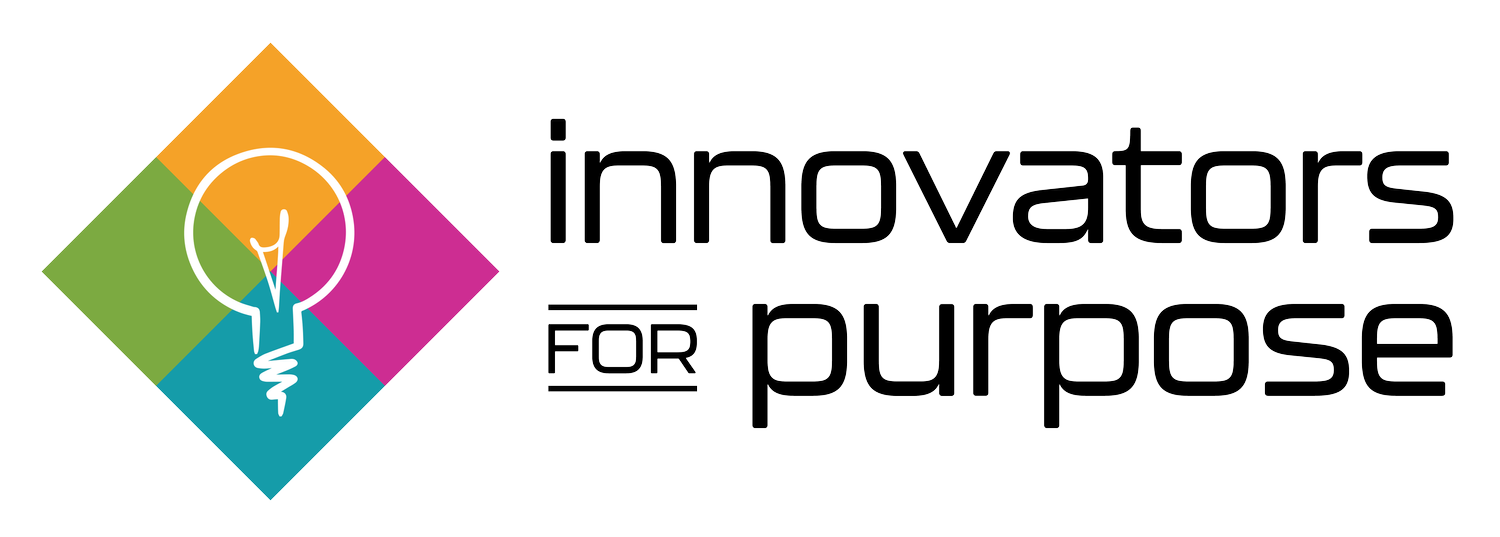Is the Future Employability of Cambridge’s Children a Business problem?
Cambridge, MA is home of two of the most prestigious universities in the world - Harvard and MIT. Kendall Square, known as the most innovative square mile on the planet, is a who’s who in tech and life science. Google, Microsoft, Biogen, Novartis and many others call Kendall home. There are hundreds of start-ups and many service companies (commercial real estate development, construction, venture capital) that benefit and form an incredibly dynamic ecosystem. By most economic measurements, Cambridge is a wealthy and thriving city.
On the other hand, the City’s poverty rate, income inequality gap, housing cost burden and homeownership rates tell a different story. In addition to these inequities, a report by the Cambridge Community Foundation Boomtown Hometown states:
Although Cambridge is a highly educated city, where 75% of adults held college degrees in 2015, the public schools lag behind a comparable district in the metropolitan area in sending students seamlessly on to college graduation. These realities foreshadow increasing economic and racial equity gaps even as Cambridge enters a new era - one filled with the promise of unprecedented prosperity.
On the surface, the answer to the proposed question in the title is Yes. However, Cambridge has been a tale of two cities for decades. Businesses don’t survive with decades old problems. Is this more of a political problem than a business one? If the future employability of the Cambridge’s children is a business problem - why is it different this time?
Innovators for Purpose (iFp) is a Cambridge-based nonprofit that inspires high-potential, diverse young people to discover their passions, develop innovative mindsets and cultivate marketable skills through client-based projects and experiential learning opportunities.

